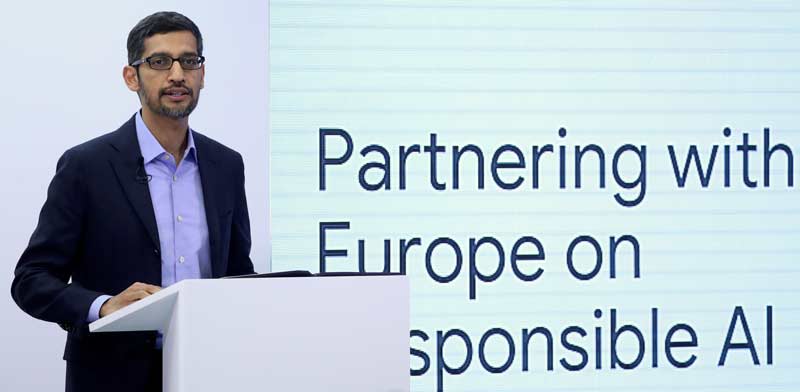
The flood of antitrust lawsuits against Google continues. After in October Google was sued by the Department of Justice and 11 states, and only yesterday general prosecutors in another state filed another lawsuit, now another coalition of U.S. states has filed a third lawsuit against the giant. Google is served one after the other.
This time the person leading the lawsuit against Google is Colorado Attorney General Phil Whistler, who heads a coalition of 38 plaintiffs in U.S. states and territories. The plaintiffs will seek to consolidate the lawsuit along with that of the Department of Justice against Google.
Like the Justice Department’s lawsuit from October, the current lawsuit also deals with practices in which Google maintained its search monopoly. The Ministry of Justice referred, among other things, to contracts that Google has signed with web browser developers, in order to maintain its status as a search engine. The current lawsuit continues this line and refers to other distribution channels that Google has taken over through restrictive agreements, such as the smart speaker field.
As stated, yesterday a coalition of only ten Republican prosecutors from U.S. states, led by Texas Attorney General, filed a lawsuit against Google that dealt with online advertising. Google is accused of having an illegal agreement with Facebook. According to the lawsuit, Facebook received special rights in the online advertising system Of Google, in exchange for ensuring that it does not develop a competing advertising system.
The lawsuits against Google express consensus across the US political spectrum regarding the company’s dangerous power. These lawsuits are expected to continue for years in the courts and Google, one of the most powerful companies in the world, certainly has the resources to deal with them, but expects a very complex future.
Google is not alone, with another U.S. regulator, the Federal Trade Commission (FTC), in partnership with 46 countries, filing antitrust lawsuits against Facebook last week demanding that the giant separate its two companies it acquired – WhatsApp and Instagram.